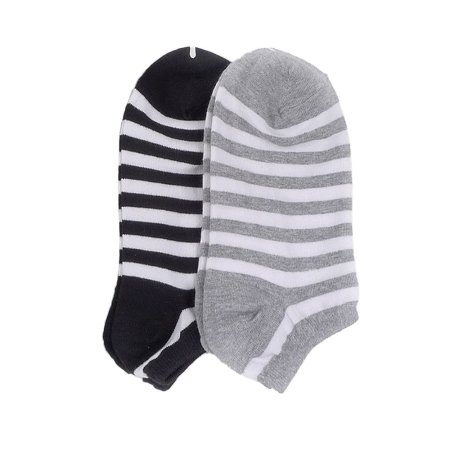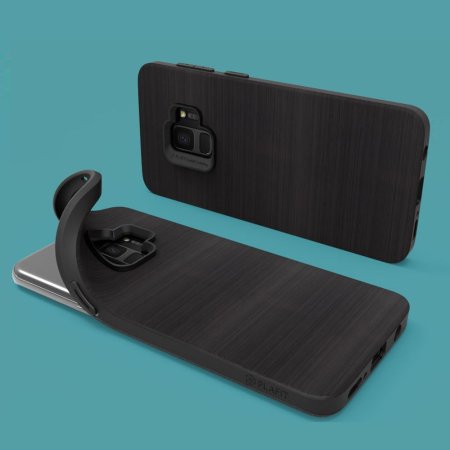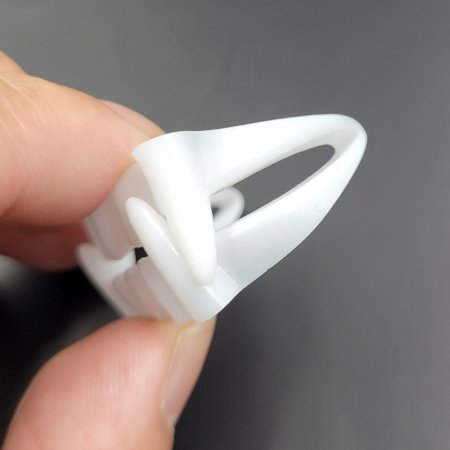XR Training-led consortium wins USMC ACV simulator contract
The XR Training consortium's USMC Amphibious Combat Vehicle driver simulator in its seat configuration with two DoF motion platform. The Vive HTC Elite headset is on the seat. The Instructor station laptop is on the table behind. (XR Training)
A consortium led by XR Training has been awarded a contract by the US Marine Corps (USMC) under an Other Transaction Agreement (OTA) to produce a driver training simulator for the new Amphibious Combat Vehicle (ACV). The value of the contract was not disclosed but Neil Levin, XR Training CEO, told Janes that it was “in the high seven-figure area”.
The consortium, which also includes Talon Simulations (hardware), 302 Interactive (software development), and Theory Studios (modelling and visuals), will deliver 81 simulators by the end of 2024, followed by a two-year training and sustainment period. Most simulators will be deployed to Camps Pendleton and Lejeune, with some for use for “schoolhouse” training and some for deploying units.
The simulator has been developed in response to a USMC requirement for a portable desktop simulator, which can be used onboard ship as well as in shore bases, Levin said. In addition to desktop mode, it can be integrated with a seat mounted on a two degrees-of-freedom (DoF) motion platform. During travel, it can be transported in two Pelican cases. The simulator consists of a steering wheel, pedals, gear and propulsion mode-change levers, vehicle switches and controls, and a Vive HTC Elite headset operating in virtual reality (VR) mode with hand tracking. The headset has a 1,920×1,920 per eye resolution, six DoF inside-out tracking using four cameras, a field-of-view of 110°, a refresh rate of 90 Hz, and embedded audio. The vehicle controls are supplied by the original equipment manufacturers.






























































